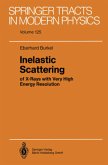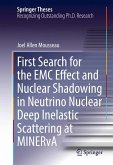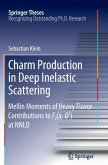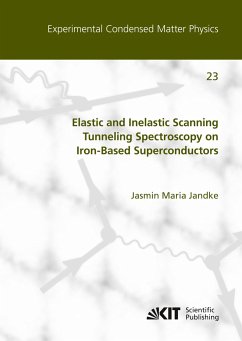In particle physics and chemistry, inelastic scattering is a fundamental scattering process in which the kinetic energy of an incident particle is not conserved. In this scattering process, the energy of the incident particle is lost or gained.When an electron is the incident particle, the probability of inelastic scattering, depending on the energy of the incident electron, is usually smaller than that of elastic scattering. Thus in the case of gas electron diffraction, reflection high energy electron diffraction, and transmission electron diffraction, because the energy of the incident electron is high, the contribution of inelastic electron scattering can be ignored. Deep inelastic scattering of electrons from protons provided the first direct evidence for the existence of quarks.When a photon is the incident particle, the inelastic scattering process is called Raman scattering. In this scattering process, the incident photon interacts with matter and the frequency of the photon is shifted to blue or red.
Bitte wählen Sie Ihr Anliegen aus.
Rechnungen
Retourenschein anfordern
Bestellstatus
Storno








